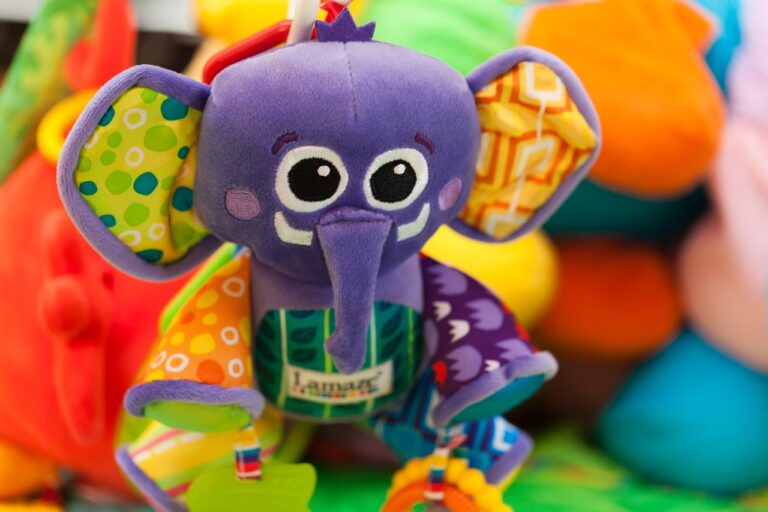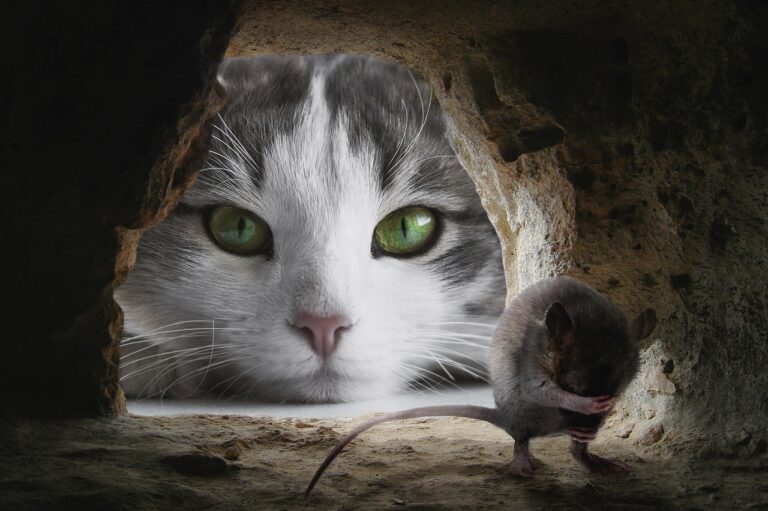Analyzing the Impact of Social Justice Movements on Film and Television
In recent years, there has been a marked shift towards more inclusive and socially conscious storytelling in film and television. This transformation is evident in the increasing number of productions that tackle pressing social issues such as racism, sexism, and LGBTQ+ rights. Through thought-provoking narratives and diverse character representations, these works have the power to challenge viewers’ perspectives and spark important conversations about equality and justice.
Moreover, social justice movements in film and television are not only challenging traditional narratives but also reshaping the industry itself. The demand for authentic and diverse representation on screen has led to a reevaluation of casting choices, storylines, and production practices. As audiences become more vocal about the need for accurate and respectful portrayals of marginalized communities, filmmakers and showrunners are being pushed to create content that reflects the rich tapestry of human experience.
• This shift towards social justice storytelling has been welcomed by many viewers who are hungry for more meaningful and impactful content.
• By shining a spotlight on important issues, these films and TV shows have the potential to educate audiences and inspire real-world change.
• The increased representation of diverse voices behind the camera is also helping to break down barriers in an industry that has historically been dominated by a narrow demographic.
Representation and Diversity in Media
Film and television have begun to reflect a more diverse and multicultural society, with a greater emphasis on representation of individuals from various backgrounds. The push for diversity in media is apparent not only in the casting choices, but also in the stories being told and the issues being addressed. This shift towards greater representation has sparked important conversations about the importance of seeing oneself reflected in the media and the impact it can have on individuals’ sense of identity and belonging.
In addition to reflecting the diversity of society, media now plays a crucial role in challenging stereotypes and breaking down barriers. By portraying a wide range of characters from different racial, ethnic, gender, and sexual orientations, media has the power to reshape societal norms and perceptions. Through authentic and meaningful representation, media has the potential to create a more inclusive and understanding world for everyone.
Evolution of Storytelling in Response to Social Movements
Storytelling has always served as a powerful tool for reflecting the societal shifts and responding to prevalent social movements. In the realm of film and television, narratives have evolved in tune with the changing dynamics of our world. The portrayal of diverse characters and the exploration of complex social issues have increasingly become central to the storytelling landscape, mirroring the demands for inclusivity and representation within society.
As audiences become more socially conscious and demand authenticity in the media they consume, creators have responded by crafting narratives that highlight marginalized voices and shed light on issues that have long been overlooked. This evolution in storytelling not only reflects the growing awareness and advocacy for social justice but also serves as a catalyst for sparking important conversations and driving meaningful change.
How have social justice movements influenced the storytelling in film and television?
Social justice movements have pushed for more diverse and inclusive representation in media, leading to the inclusion of a wider range of perspectives and experiences in storytelling.
Why is representation and diversity important in media?
Representation and diversity in media are important because they reflect the reality of our society and allow marginalized groups to see themselves represented on screen, leading to greater empathy and understanding.
How has storytelling evolved in response to social movements?
Storytelling has evolved to incorporate the voices and experiences of marginalized communities, offering new perspectives and challenging traditional narratives that perpetuate stereotypes and inequality.







